Publications
Famous Roma Writers
Culture Roma as their art of writing is very diverse and rich. This is due to the colorful history of the Roma, which was formed because of constant migration and spread of Roma on the territory of many countries and the complexity of the ethnic composition of group without own territory.
Roma writers appeared around the world as a passionate impulse leaving a distinctive mark not only in the culture of their ethnic group, but bringing their contribution to world culture. Today, we introduce you to the luminaries of Roma literature.
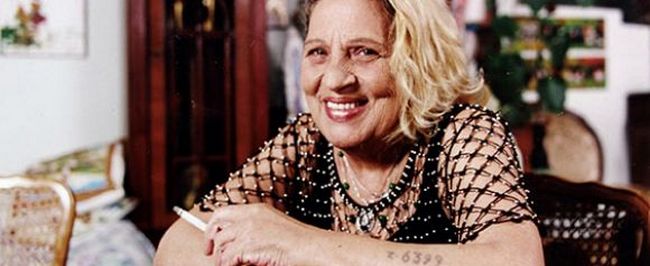
Ceija Stojka (1933 – 2013). Source
Born Margarethe Stojka in a family of Lovari Roma, traditionally horse-traders. Being a child she was deported to Auschwitz-Birkenau as well as her whole family; then she was transferred to different concentration camps until she was liberated from Bergen-Belsen. Then Ceija decided to study and became a writer; her first book was the first literary work about the Holocaust written by a Romni. She was also a self-taught painter and her works have been presented in exhibitions. She has published also a collection of poetry.
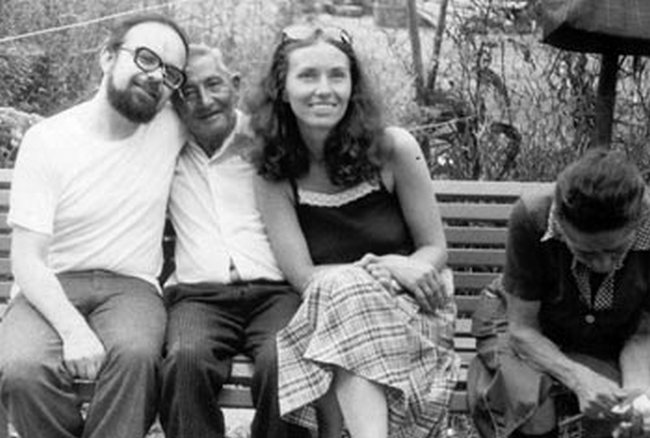
Johann “Kalitsch” Horvát (1912-1983). Source
Storyteller and writer, Kalitsch was the only member of his family that survived after having been deported to Auschwitz, where he lost his first wife and three children. With his accounts he has awakened the Austrian people to the existence of the minority groups and has contributed to keep alive the Romany dialect of Burgenland.
Those who knew Kalitsch personally particularly remember his pronounced hospitality and how fond he was of children. Kalitsch’s house was, as a meeting point for the young and the old, the true center of the Roma settlement over decades. The passionate storyteller captivated the audience with funny or instructive, sometimes ribald stories. Without intending to, Kalitsch thus made a great contribution to the preservation and passing-on of Roman (Romani variety of the Burgenland-Roma) and the oral tradition to younger generations.
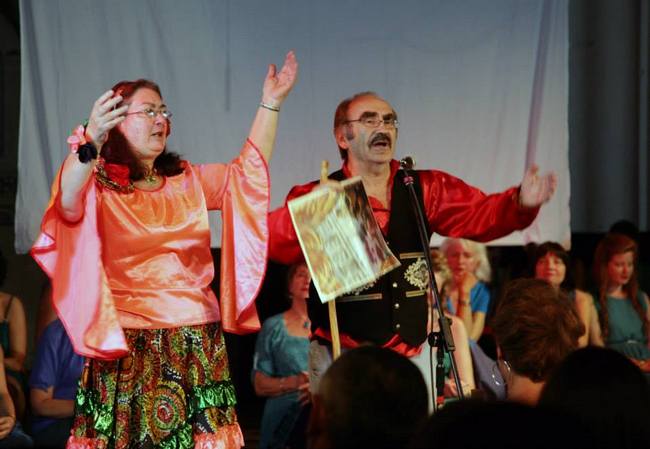
Valdemar Kalinin (1941). Source
Valdemar Kalinin is a contemporary Rom writer, following the Russian Romany literary school. Author of the poetry collection Romany Dreams, written in Belorussian, English and a double version of Romany: in Cyrillic and Latin alphabets. He has been awarded with the Hiroshima Prize for Peace and Culture in 2002 and the Roma Literary Award from Open Society Institute of Budapest in 2003. He has also written a translation of the Bible in Romany language.
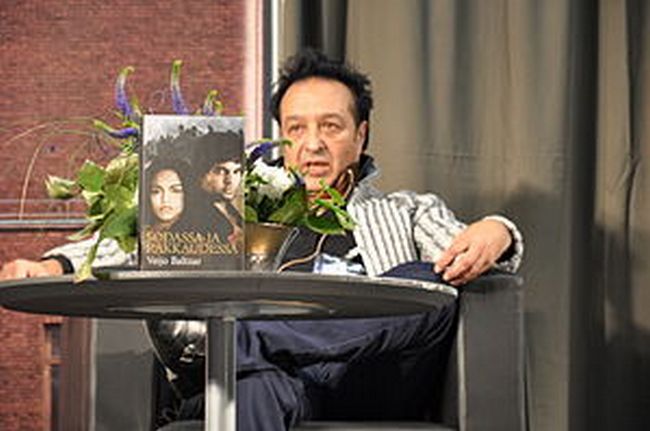
Veijo Baltzar(1942). Source
Veijo Baltzar is the first Rom in Finland to have published a book about his own people. He was still very young when began writing, and his works have always achieved success not only in Finland but also in Sweden. Poet, novelist and playwright, has founded the Romany Theatre “Drom” (Way) and has been awarded in his country and abroad.
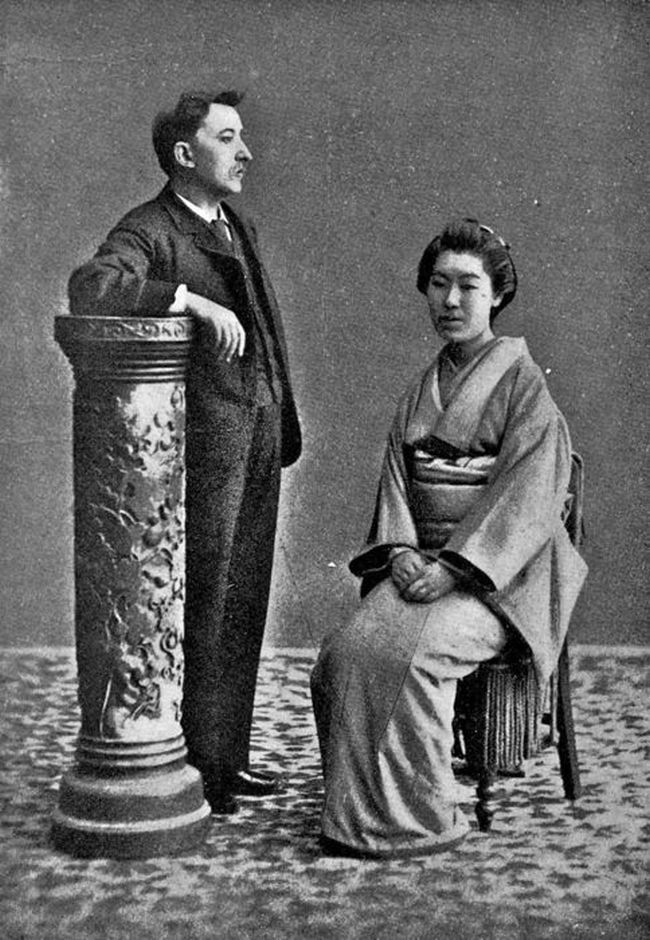
Patric Hearn (Yakumo Koizumi) (1850 – 1904). Source
Poet, journalist, translator and language teacher, belonged to the Heron Romanichel family. Educated in Ireland, England and France, in 1889 settled in Japan and married the daughter of a traditional Samurai family. Since 1895 he is known under his Japanese name Yakumo Koizumi. He was the author of several books about Japan and its culture, and was teacher of English literature at the Imperial University of Tokyo and at Waseda University.
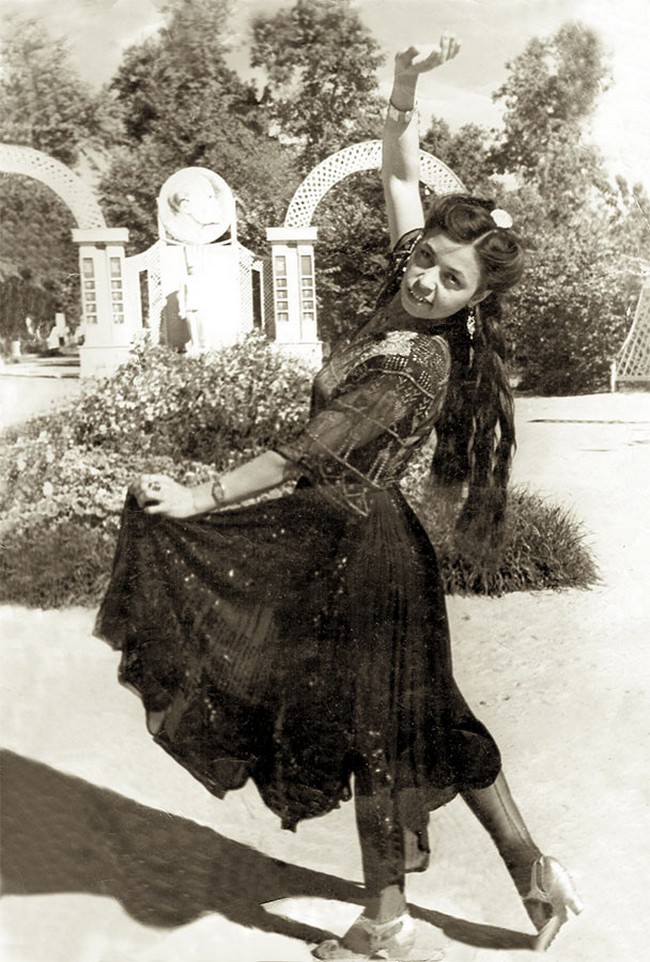
Nina Dudorova (1903-1977). Source
Being a governess and a teacher, her literary work has been mainly devoted to children. She taught in the school of the Romen Theatre. Besides having written several books of poetry for children, she has also translated some of Puškin’s works and wrote articles for journals like Novyi Put’ and Romano Drom.
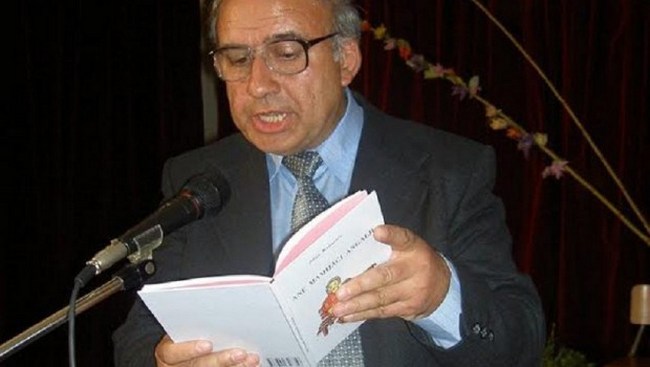
Ali Krasnići(Ali Krasnići) (1952). Source
Ali Krasnići belongs to the Gurbet Roma and is one of the few authors who writes prose in Romany. He is among the most popular and awarded writers in ex-Yugoslavia, having published more than forty books and many other literary works in different genres: prose, poetry, drama and also books for children. He is the author of a Romany dictionary which includes abstract terms not borrowed from other languages. He is also a translator of Serbian and Romany. After the war in Kosovo, he lives as a refugee in Kragujevac, Serbia, having lost his properties and saved only his manuscripts.
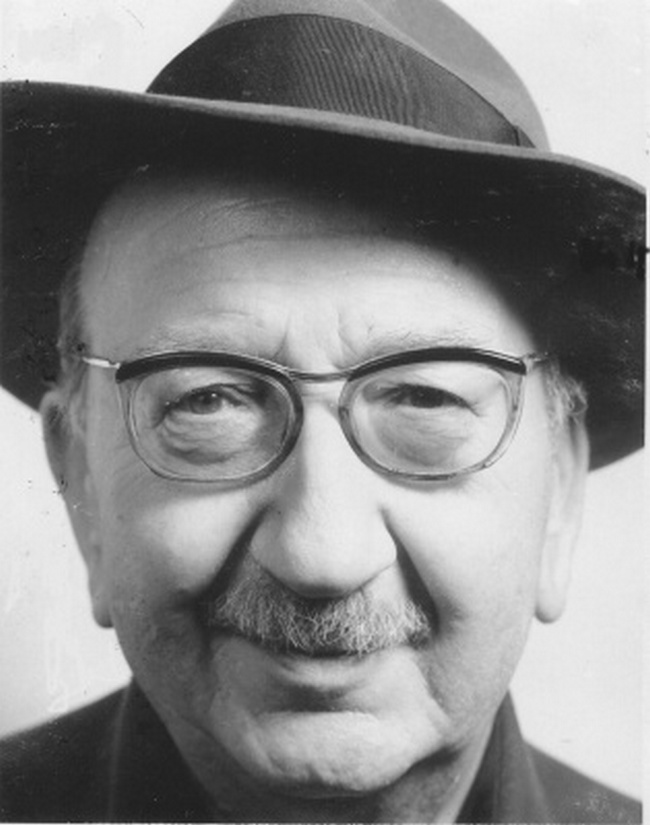
Matéo Maximoff (1907 – 1999). Source
His father was a Russian Kalderash that migrated to France and his mother a Manouche (French Sinti). Matéo Maximoff survived the ″Porhaymós″ during the World War II; he became an outstanding writer in Romany and French, and advocated for schooling of Roma children. His literary works have been translated into several languages. Having became Evangelical pastor, he completed a translation of the New Testament in Kalderash Romany.
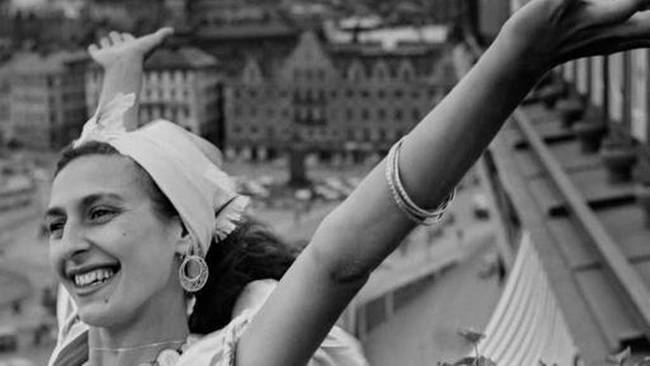
Katarina Taikon (1932-1995). Source
Not having had access to school education because of her ethnicity (Kalderash Roma), she achieved in becoming a well-known writer, mainly of books for children. Her literary work “Katitzi” is a story inspired in her childhood.
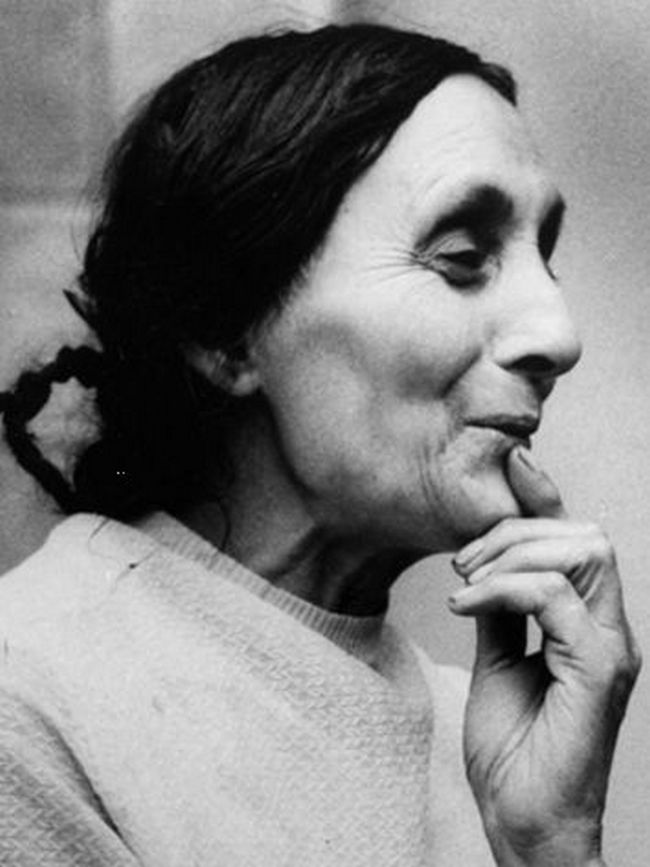
Bronislawa Wajs “Papusza” (1908-1987). Source
She was undoubtedly one of the greatest Romany writers , her devotion to learning began in her early childhood. Belonging to a family of wandering musicians, there was no interest in literature among her people, so she was taught to read and write by a Jewish lady, who also lent her books. She survived the persecution during the World War II and was the author of a collection of poems and songs.
Despite the diversity of works written by the various sub-ethnic groups of Roma, we note a similar system of values and perceptions of their worldview. Such artists help to see the enormous contribution of Roma in the treasury of world culture.
The source http://www.imninalu.net/famousGypsies.htm
